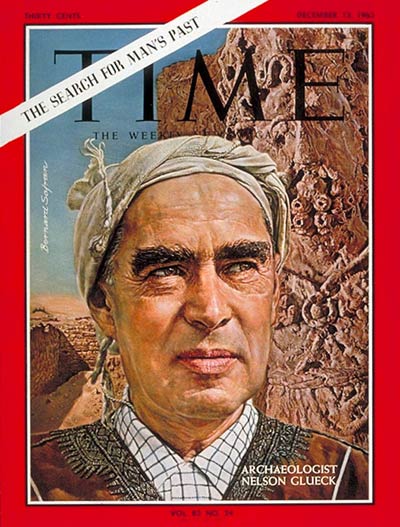
“I claim to be an historian. My approach to Classics is historical. And I tell you that the evidence for the life, the death, and the resurrection of Christ is better authenticated than most of the facts of ancient history . . .” (E. M. Blaiklock, Professor of Classics at Auckland University)
“Where the data of the Gospels can be tested, they consistently have proven to be remarkably accurate, especially in John. Archaeologists have unearthed the five porticoes of the pool of Bethesda by the Sheep Gate (John 5:2), the pool of Siloam (9:1-7), Jacob’s well at Sychar (4:5), the “Pavement” (Gabbatha) where Pilate tried Jesus (19:13), and Solomon’s porch in the temple precincts (10:22-23). As recently as 1961 an inscription was discovered in Caesarea, providing for the first time extrabiblical corroboration of Pilate as Judea’s prefect during the time of Christ. Since the, discovery of an ossuary (bone-box) of a crucified man named Johanan from first-century Palestine confirms that nails were driven in his ankles, as in Christ’s; previously some skeptics thought that that Romans used only ropes to affix the legs of condemned men to their crosses….In 1990, the burial grounds of Caiaphas, the Jewish high priest, and his family were uncovered in Jerusalem. These and numerous other details create a favorable impression of the Gospels’ trustworthiness in the areas in which they can be tested.” (Craig L. Blomberg, Denver Seminary)
“It may be stated categorically that no archaeological discovery has ever controverted a Biblical reference. Scores of archaeological findings have been made which confirm in clear outline or exact detail historical statements in the Bible. And, by the same token, proper evaluation of Biblical descriptions has often led to amazing discoveries.” (Nelson Glueck, Hebrew Union College)
“The evidence for our New Testament writings is ever so much greater than the evidence for many writings of classical authors, the authenticity of which no one dreams of questioning. And if the New Testament were a collection of secular writings, their authenticity would generally be regarded as beyond all doubt.” (F.F. Bruce, University of Manchester)










